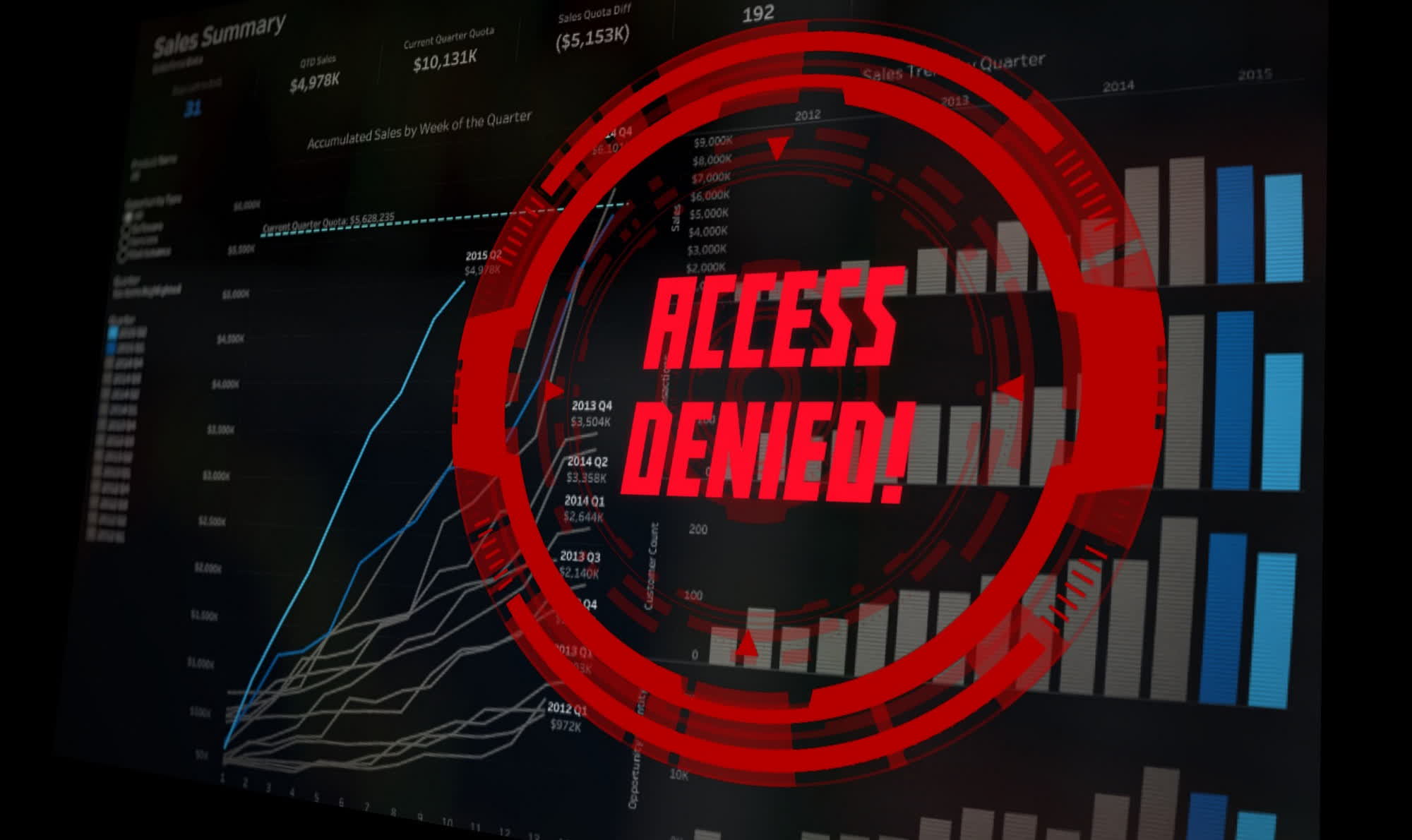Access Denied: According to the Pakistan Software Houses Association, local IT ventures are the country's fastest-growing export sector. However, after a government-led censorship attempt, the Asian nation could now experience a devastating blow to its nascent technology industry.
The Pakistan Software Houses Association (P@SHA) was established in 1992 as a lobbying initiative to promote the development of Pakistan's IT industry with the Islamabad government. In a recent press release, the organization accused the government of forcing the "booming" technology industry to face a disaster after authorities implemented a "censorship firewall."
Government actions brought "unprecedented" operational disruptions to the Pakistani internet with a perfect storm of technological challenges. The alleged state-backed firewall caused prolonged issues with internet connectivity, erratic VPN performance, and, generally speaking, a complete "meltdown" of business operations.
Reuters notes that the firewall could lead to an estimated financial loss of $300 million, higher than the $298 million in Pakistani exports recorded in June. The situation could escalate further as companies cannot fulfill their contractual obligations with international partners.
"The government's inexplicable opacity and ambiguity surrounding the firewall's design and objectives have ignited a firestorm of distrust among global clients," P@SHA stated. "They fear their proprietary data and privacy will be compromised, which only serves to erode the hard earned trust and confidence in Pakistan's IT capabilities."

The organization fears technology companies will exit trade with Pakistan unless the government backtracks from its internet censorship attempt. It has asked the Pakistan Telecommunication Authority and the Ministry of Information Technology and Telecom (MoITT) to restore full internet access to everyone or face the consequences.
Judging from the faltering reactions by MoITT representative Shaza Fatima Khawaja, the Pakistani government is likely feeling the pressure brought by P@SHA and other representatives from the local IT industry. Khawaja first acknowledged the government-led action, explaining that P@SHA blew the issue out of proportion after a web-management system upgrade.
However, in a subsequent press conference, Khawaja stated that Pakistan's internet was neither shut down nor slowed down by authorities. A few services and apps were experiencing connectivity issues, the minister said. The situation led to the widespread use of VPN services, which put unprecedented pressure on servers.
Despite Khawaja's efforts to reassure IT industry representatives, a nationwide censorship effort isn't wholly unreasonable. Pakistan is well known for meddling with international services in recent years. The censorship draws correlations to China's infamous internet firewall. However, China effectively preserves local connectivity while blocking access to external servers.
